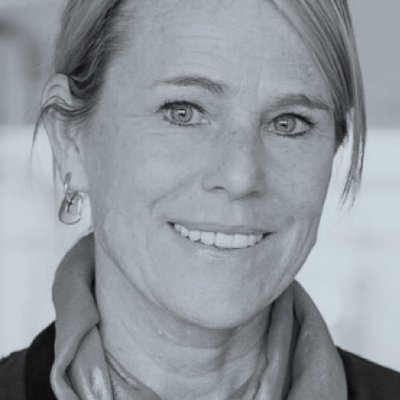
In this podcast episode, Bean Greet Verhaest talks with Hilde Windels, the Chief Executive Officer at MyCartis NV & Antelope DX. They discuss her experience and insights in the biotechnology sector. Hilde explains that she has been active in the industry for around 20 years, starting with a background in commercial roles at a bank before transitioning to the biotechnology field. Hilde initially worked as the Chief Financial Officer at Biocartis, a publicly traded company, and eventually progressed to the role of CEO.
When asked about the characteristics of biotech companies in Belgium, Hilde explains that the sector operates at an incredible pace, requiring agility and adaptability. She emphasizes the importance of speed and the competitive advantage of being a first or second mover. Hilde describes the industry as being populated by intelligent individuals with specialized education, often referred to as “primadonnas.” She notes the necessity of being assertive and capable, especially when working with scientists who may be skeptical of non-scientific professionals. Additionally, she mentions that biotech companies typically operate at a loss for many years, relying on venture capital and investors who closely monitor the company’s progress.
Regarding her role as Co-CEO at Biocartis, Hilde shares her efforts to ensure employee well-being and productivity. She explains that as the company grew from 10 to over 300 people, efficiency and employee engagement started to decline. To address this, she researched examples from other companies facing similar challenges. While she explored systems like holacracy and sociocracy, she found them too rigid and inflexible for Biocartis. Hilde decided to incorporate the philosophy of holacracy but adapted it to fit the company’s needs.
Hilde discusses her experience with consent decision making, which she considers one of the strongest tools for creating a self-steering organization. She states, “‘Consent decision making’ is one of the processes we implemented, and it’s still in use. It’s one of the keys towards a self-steering organization.” She explains that consent decision making is not based on consensus or majority rule but rather on objections. Any proposal made within the organization is adopted by default unless a qualifying objection is raised. This approach allows for better decision-making and maintains agility within the organization. Hilde shares examples where this methodology led to improved outcomes compared to traditional decision-making processes.
Hilde’s leadership style is characterized by inclusivity and collaboration. She believes in the power of teamwork and values input from diverse stakeholders. She says, “From my background, I’m deeply rooted in the belief that we need to work as a team. It cannot be done by one person alone. I am an incredibly inclusive person. We have to listen; everyone has to be able to voice their opinions.” Hilde emphasizes the importance of considering various aspects, such as regulatory, quality, technical, and financial, to make informed decisions as a team.
To foster a sense of teamwork and prevent silos, Hilde shares how she organized the office space into “landscape bureaus” with designated islands consisting of four people from different functional groups. This arrangement promotes interaction, learning, and prevents individuals from working in isolation. Hilde explains, “We are all in one landscape bureau. Each island represents a functional group, ensuring interaction, learning from each other, and avoiding silos.”
Hilde also discusses the mutual feedback system implemented in the organization. She emphasizes the importance of coaching conversations rather than traditional performance reviews and encourages feedback from various stakeholders. Hilde states, “We have coaching conversations, not performance reviews. We set up campaigns focused on individuals, teams, and the organization. We want people to learn from each other and know where they stand.” She shares that people appreciated the opportunity to receive and provide feedback, which built trust and contributed to the quality of decision-making.
Looking to the future, Hilde remains curious and passionate about finding practical ways to implement organizational structures and patterns. She maintains her interest in engaging with others who are interested in creating engaged and agile organizations. Hilde concludes by stating, “I will always be curious about it because I find it fascinating. I am always eager to learn from others and exchange ideas on how we can create more engaged and agile organizations.”
Overall, Hilde’s leadership style is rooted in inclusivity, collaboration, and fostering a sense of engagement within the organization. She believes in continuous improvement, learning from others, and building trust among team members to achieve success.
“When people are passionate and feel engaged, that makes me happy. Ultimately, it’s always about the people!”
Let’s sit down and we’ll pour you a cup of consultancy advice. With a spoonful of energy, and a shot of sparkling ideas.